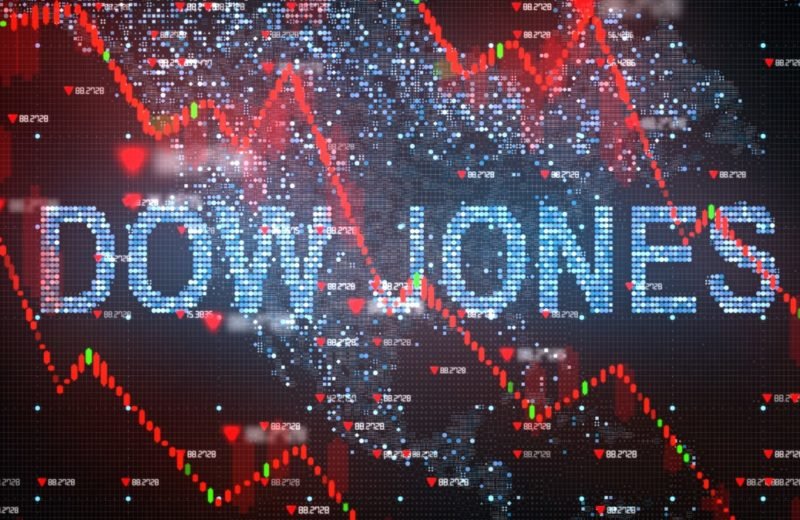U.S. stocks have fluctuated since last week. This is amid concerns that new coronavirus clusters around the world could indicate the pandemic will continue longer than expected.
Despite the worries, the S&P 500 gained 0.2%, and the Dow Jones Industrial Average surged forward by 0.7% on Monday. However, the Nasdaq Composite declined by 0.3%.
The Stoxx Europe 600 Index was little changed, but the MSCI Asia Pacific Index tumbled down by 1.3%.
Facebook Inc. plummeted down after more businesses, including Diageo Plc and Starbucks Corp., joined the growing number of brands planning to stop spending on social media for now.
On the other hand, Boeing Co. gained. This is while U.S. aviation regulators declared they’d approved a set of test flights on the 737 Max. Gilead Sciences Inc. also rallied after announcing that it will charge the U.S. government and other developed countries $390 per vial for its coronavirus-fighting drug.
The pandemic still affects the stocks
Markets whipsawed after the World Health Organization reported the largest number of coronavirus infections for a single day. Confirmed cases exceeded 10 million and global deaths surpassed 500,000. The majority of investors see a 20% fall in the stock market as more likely than a similar gain.
Sebastien Galy, the senior macro strategist at Nordea Investment Funds, stated that equity markets are under pressure given fears of a spike in coronavirus cases. According to him, many investors have to sell some equities to rebalance their portfolios at the end of the month, partially locking in some gains. But Galy also added that this pressure should ebb with the start of the new month. Economic data should then start to show some signs of an economic recovery.
So far, there is some hope that U.S. companies’ earnings recession may be less severe than analysts expect. However, they estimate that second-quarter earnings for the S&P 500 will plunge 44% after a first-quarter decline of 18%.















